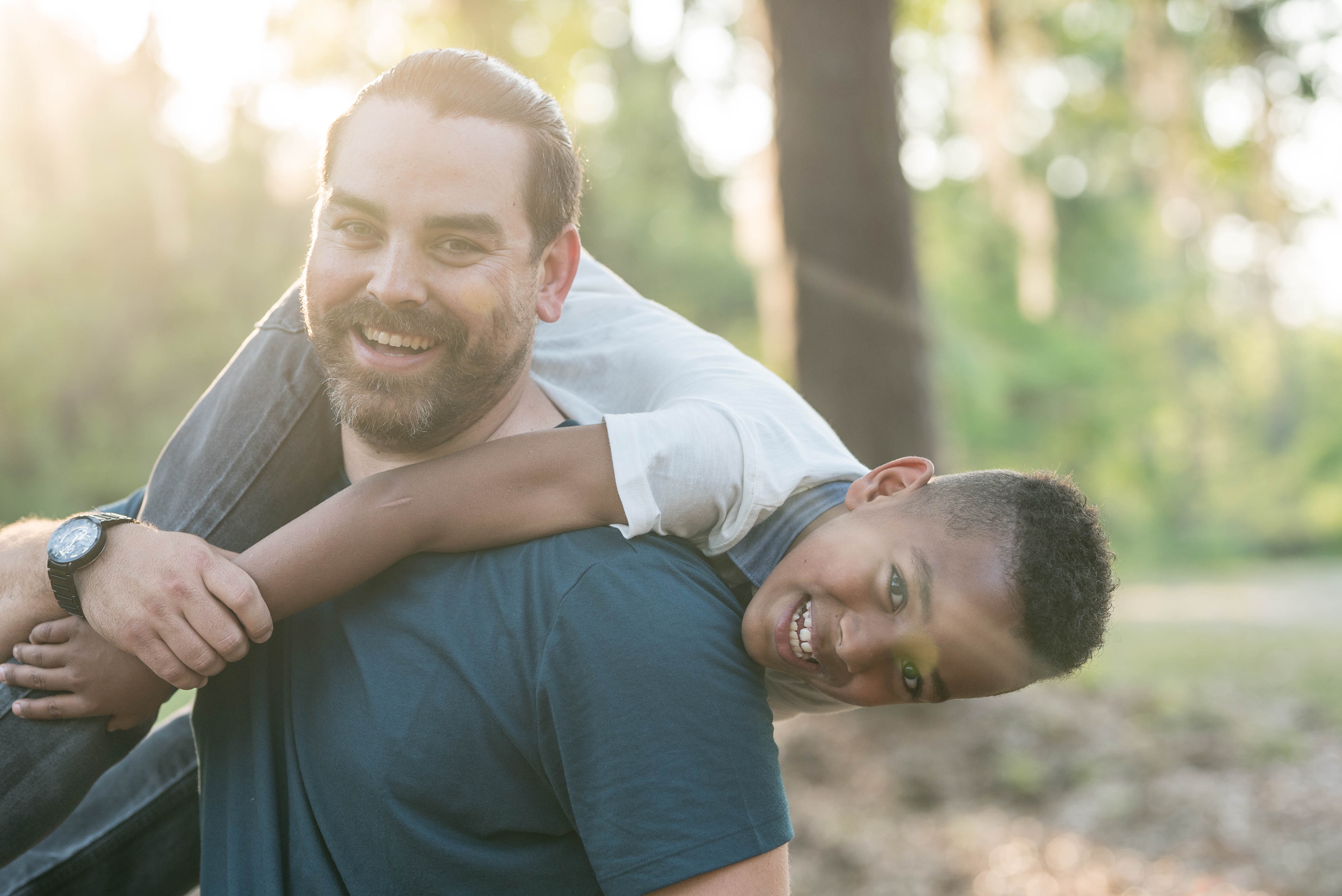
November 7, 2019 by Robert Franklin, JD, Member, National Board of Directors
A federal court in Florida has ordered a mother to return her two sons to Panama where they were born and where their father resides (WFLA, 10/30/19). But the judge gave Christy Bailey until the end of the school year – about seven months hence – to comply with the order.
This is a win for the mother who has been involved in a decade-long custody battle.
Indeed it was. Unfortunately, it was also a loss for the children, their father, the judicial system and the Hague Convention on the Civil Aspects of International Child Abduction. That all went unmentioned by the linked-to article.
Before the boys were six, Bailey had kidnapped them to the U.S. twice. The justification she offered for doing so was that the children’s father was abusive. She has never produced evidence of abuse and U.S. and Panamanian courts alike have found her allegations to be without merit.
The father’s attorney pointed out that,
“The issues of abuse were raised by the Mother in an attempt to evade a return under the Hague Convention. The US Federal Courts in both Missouri and in Florida rejected the Mother’s claims that a return would subject the children to a grave risk of harm.
Ms. Bailey failed to present credible evidence of abuse supporting an exception to return. In addition, the Panamanian Court – which is the proper Court to make custody decisions – initially provided the Father with supervised visits after the Mother made abuse claims in that court. After a period of time, the Panamanian court found that the Father posed no risk to the children and granted him an unsupervised visitation schedule.
In short, a mother abducted her children to the United States from Panama. Courts in both countries considered her claims of abuse by the father, rejected them and ordered the children’s return. Therefore, the system worked, right?
Wrong.
Once again, the regime that’s supposed to deal expeditiously with international kidnapping cases failed abysmally. It did so because it took U.S. judges an astonishing five years to process the case and, having finally done so, gave Baily an additional seven months in Florida. She committed a civil and possibly criminal wrong in abducting the children, facts the judge implicitly endorsed by her ruling.
The good news is that the judge didn’t do what Brazilian courts did in the Brann case about which I’ve written several times. There, the Brazilian legal system failed to act in accordance with the Hague Convention and, having done so, simply declared that enough time had passed that it was in the child’s best interest to maintain the status quo, i.e. in a foreign country, without his father.
In the Bailey case, the court recognized that, since the children were born in Panama and lived there until they were abducted, Panamanian courts were the proper fora to decide custody. The court refused to endorse the mother’s wrongful actions by refusing to return the children to Panama.
Still, the fact that it took courts five years to act is unconscionable. The Hague Convention envisions quick procedures to decide the issues before the court. And why not? Those issues are simplicity itself. Where was the child’s country of habitual residence prior to the kidnapping? Does that country have adequate procedures for dealing with issues like claims of abuse, should they arise? Once those determinations are made, there is no reason for a court not to promptly issue the appropriate order. In the Bailey case, the answer to the first question is “Panama” and to the second is “Yes.” It should have taken a matter of weeks, not years, to decide this case.
It is distressing in the extreme to see U.S. courts behaving almost as badly and as at odds with the clear intent of the Hague Convention as those of Brazil and elsewhere. In this case, the courts failed everyone but the mother whose wrongful behavior they’ve assisted.
As a side note, listen to the WFLA video reporting on the judge’s decision. It’s plain that the reporter, Mahsa Saeidi believes that the court should have simply disregarded the Hague Convention, the father’s parental rights and the children’s right to a relationship with their father and kept them in this country indefinitely. Hers is the type of bias we see all too often on the part of judges ruling in international child abduction cases. It’s wrong on the part of a reporter, but far more so on the part of a judge.
